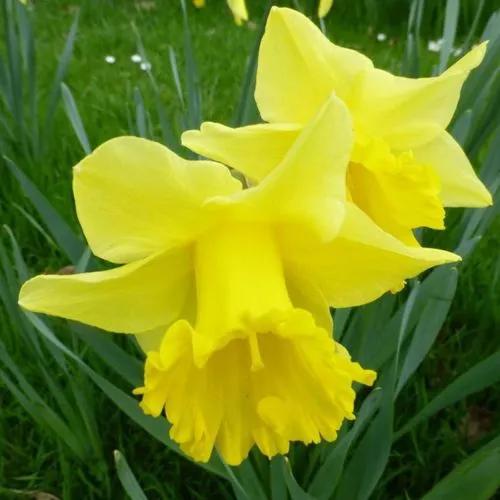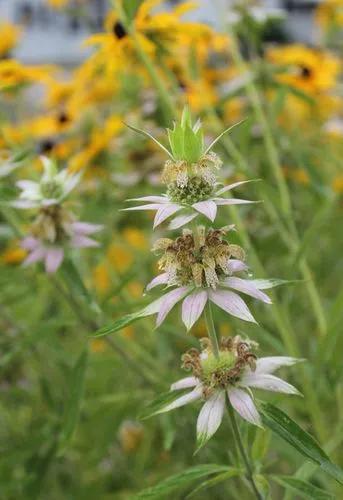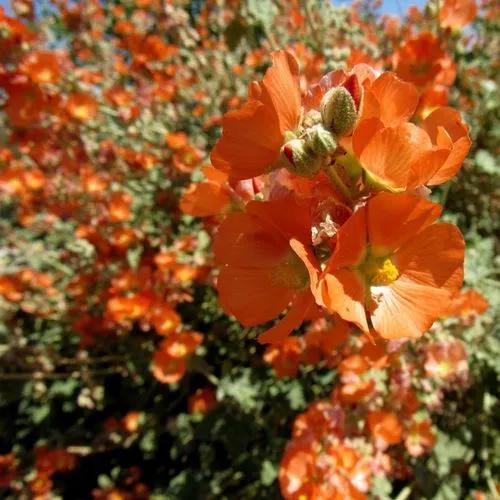A bushy plant with large, highly divided leaves and a short, thick, rounded cluster of small white flowers in leaf axils or at stem ends. The branched, 1-3 ft. stems of this perennial bear two or three large compound leaves, each thrice divided. Leaflets are deeply saw-toothed.
Red Baneberry Care
Actaea Rubra



How to Care for the Plant

Water

The plant's desire for moist soil will require it to receive regular watering, especially during hot, dry summers.

Fertilizer

Planting in rich soil will eliminate the need for any fertilizer during the growing season. A thin layer of mulch applied in late fall or early winter will protect the roots before the frost season.

Sunlight

Red baneberry is a wildflower that grows naturally in mature forests. Consequently, many people use this plant in their shade gardens, although it can tolerate areas with partial to full shade.

Soil

It is tolerant of most soil types as long as it has even moisture and good drainage. However, organically rich, humusy soil is ideal. It also prefers a slightly acidic to neutral soil pH.

Temperature

Its native area extends from Canada down to the state of Georgia and from the East Coast west to Minnesota. It grows best in USDA planting zones 3 to 8 so it can tolerate a wide range of temperatures and humidity conditions.

Popularity

68 people already have this plant 12 people have added this plant to their wishlists
Discover more plants with the list below
Popular articles






